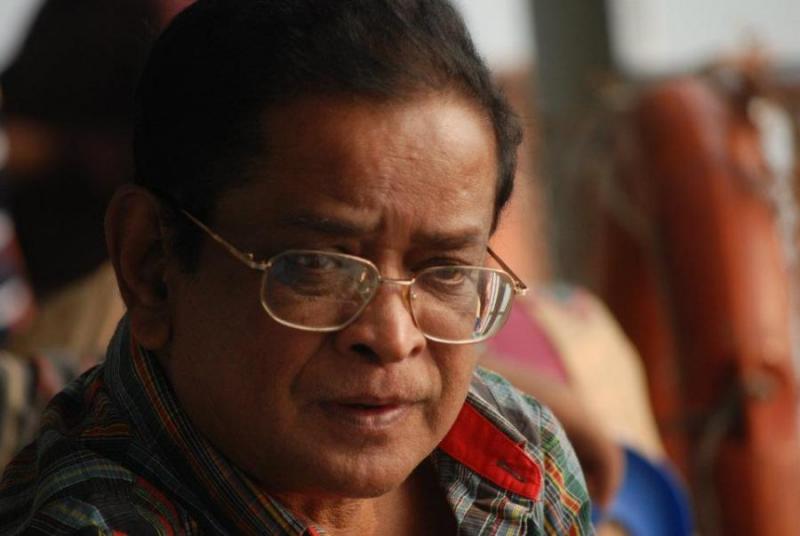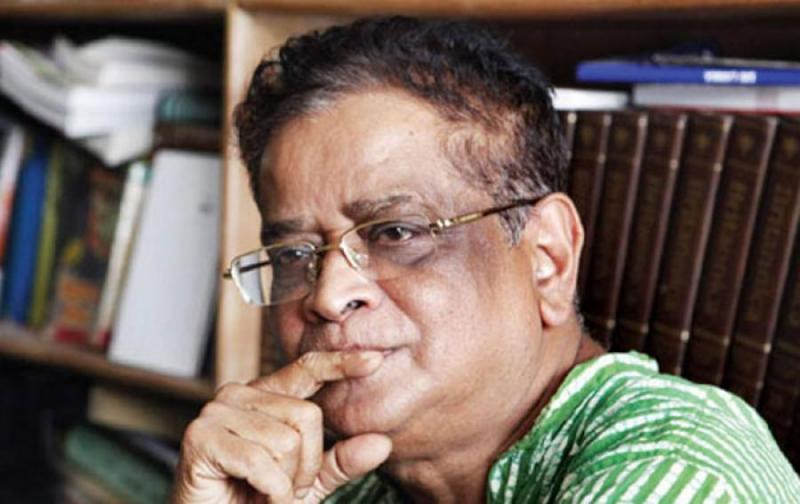 The departure of the wizard of words, Humayun Ahmed, left a void in contemporary literature.
The departure of the wizard of words, Humayun Ahmed, left a void in contemporary literature.
Weaving magical realism into a prosaic setting, he turned a bland plot into a sublime one and millions of readers were hooked.
Even after death, Humayun Ahmed remains the most read writer, and it won’t be an exaggeration to call him the best storyteller in the history of Bangla literature.
He introduced a new sense of earthy humour to literature. The author also put his sign of master-class in television drama, cinema and, in the composition of songs.
His writings have enchanted Bengalees, especially the young.
Humayun Ahmed became the most read among lovers of contemporary Bengali literature and, even way back in the 90s, he was deemed a sort of literary ‘Pied Piper of Hamelin’, leading millions into a transfixed state.
He could strike the right chord in readers’ minds, often leaving them to contemplate over the simple beauties of life which we take for granted.
Fiction or non-fiction, with unconventional beginnings, endings and characterizations, his works have an unusual spell-like quality.
Readers become Himu, Misir Ali and Baker Bhai when they are in the plots. Like previous years, his family and fans have chalked out elaborate programmes to mark the day.
Humayun Ahmed’s wife and prominent actor-director, Meher Afroz Shawon, has arranged events in the Nuhash Palli where the writer is buried.
This master author, dramatist, screenwriter and film director reached the peak of his fame with the publication of his maiden novel, Nondito Noroke, in 1972, which remains one of his most famous works,.
He wrote over 200 fiction and non-fiction books, all of which were bestsellers in Bangladesh.  His 2004 film, ‘Shamol Chaya’, based on the liberation war of 1971, contested as the Bangladeshi entry for the Best Foreign Language Film at the Academy Awards.
His 2004 film, ‘Shamol Chaya’, based on the liberation war of 1971, contested as the Bangladeshi entry for the Best Foreign Language Film at the Academy Awards.
For the last film, ‘Ghetuputra Kamola’ in 2012, he was widely praised at home and abroad.
Ahmed won several prestigious awards for his contribution to Bangla literature in his lifetime.
Among them, Lekhak Shibir Prize (1973), Jainul Abedin Gold Medal, Bangla Academy Award (1981), Michael Madhusudan Medal (1987), Ekushey Padak (1994), Sheltech Award (2007) are the most important.
He also won National Film Awards (Bangladesh) in different categories in 1993, 1994 and 2012.
The great writer and social philosopher was born on Nov 13, 1948, at Kutubpur of Netrokona in Bangladesh.
Humayun Ahmed left us on this day in 2012.
We remember the outstanding literary brilliance and feel that the writer who taught us to be romantic without being stilted is still with us in the idle afternoon breeze, the soft rain drenched evening and in the sensuous moonlight.


